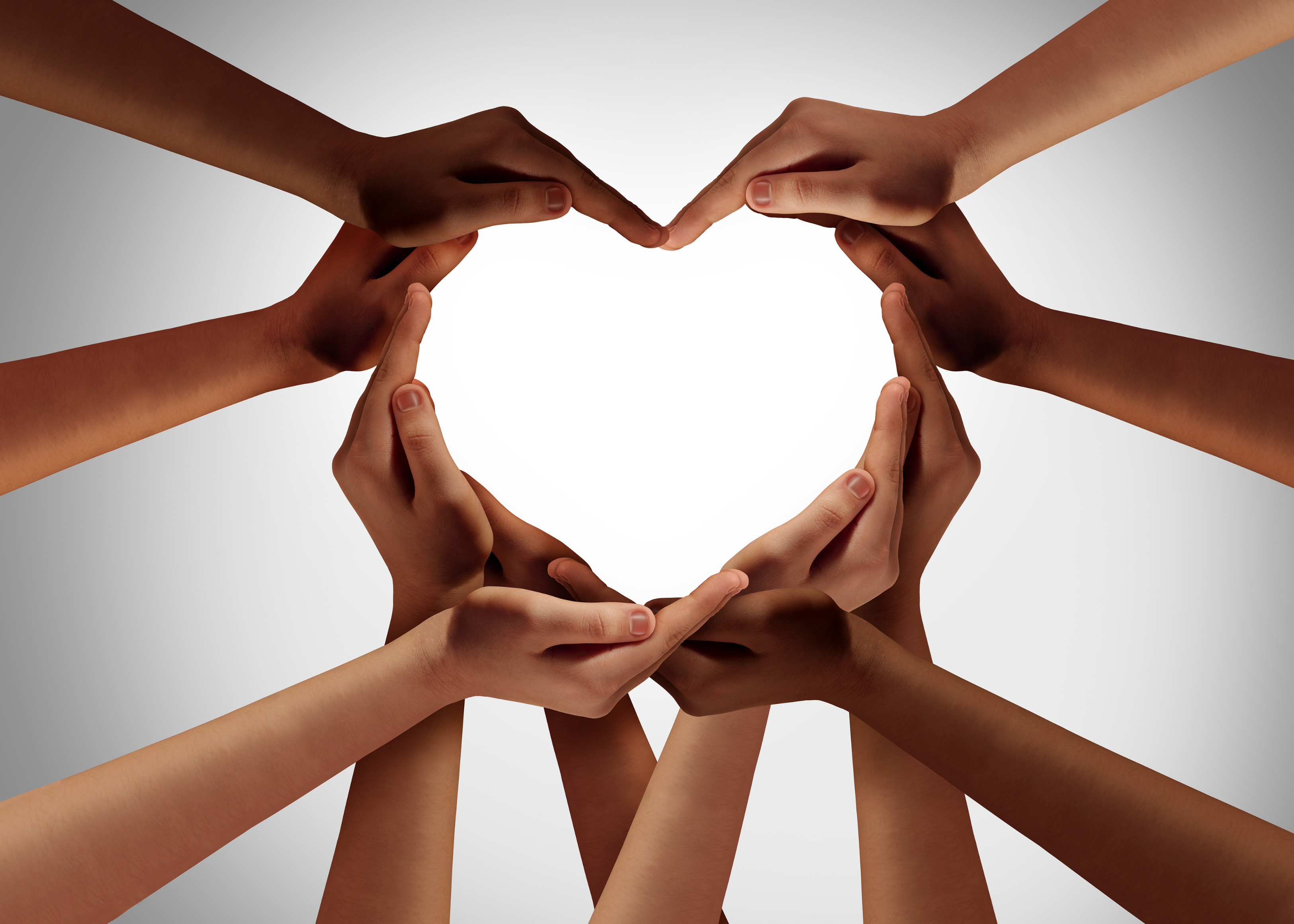News
White people, you are not responsible for the actions of your forefathers!
November 10, 2023

by Rev. Miriam Blair
A facilitator at a diversity program I was attending asked the room of 70 white participants, “How do you feel when you hear the words white privilege?” The first responses were “guilt and shame”.
White people, you are not individually responsible for the actions of your forefathers. Guilt and shame are roadblocks to racial equity. Guilt and shame have fueled the need to deny and cover up American history and its impact on our lives today. I am a parent, and I understand wanting to protect your children. You feel guilt and shame about this country’s treatment of people of color. You want to prevent your children from feeling the same guilt and shame, so you advocate for removing parts of history from the education curriculum. That might have worked prior to 1983, but today’s children have access to the internet. Do a search for ‘are white people responsible for harming black people?’ and over 400,000,000 links appear. Links to information that, in the absence of a teacher, can cause more harm than any history class. Advocating for history to be redacted, sugar coated, and/or denied in the classroom leaves children to teach themselves and robs them of the most fundamental use of history, the opportunity to learn from it.
In today’s culture, the actions of people who have racist beliefs are less destructive to society than the inactivity of those who don’t.
White people, stop letting guilt and shame paralyze you. Stop avoiding books, podcasts, movies, and diversity training. You can avoid driving on the highway, but that won’t make it disappear. You will never know how it feels to be black, but you can understand the reasons behind the intense emotions surrounding racial inequality. That understanding would have prevented the need for white people to respond to the statement that black lives matter with all lives matter. They would have understood the issues and heard that Black people were saying that black lives matter ALSO. Instead, they heard black lives matter ONLY. Both statements are true: all lives matter, WHEN black lives matter also.
Don’t let guilt and shame cause you to deny and/or refuse to recognize the privilege that comes along with being white. I have never heard a white person say, “If I had been born black, my life would have been so much easier.” White people who insist they are not privileged because they grew up in a low-income family or because they have student loans frequently challenge me as a diversity professional and a black pastor who lives in Nebraska. These comments only confirm how privileged they are. The fact that, in their eyes, privilege only equates to money is, in itself, a luxury that people of color do not have. This author’s definition of white privilege is the ability to make major decisions in your life without having to add the color of your skin into the decision-making equation. For example: I can have the money to live in a white, affluent neighborhood, but there are a lot of things to consider before calling the moving company. Will we be the first or only black family in the neighborhood? Will my black children receive fair treatment at school? Will the local Karens or police target my black husband? Is there a hair salon that does black hair nearby? Will we find a family doctor who doesn’t dismiss our concerns? I could continue, but you get the point—it’s not about money.
When you know better, you do better!
White people, you are not responsible for the actions of your forefathers; you are responsible for your own actions. Trade guilt and shame for education and allyship. Spend time learning and expanding your knowledge. Ask people about the obstacles and problems they have faced or are now facing. Utilize your privilege to aid Black causes, organizations, and endeavors.
Fellow diversity professionals, it’s unfair to participants to allow guilt and shame to go unaddressed. The 70 white people sitting in that diversity training had no reason to feel guilt or shame. They had taken action. They were in the room!
About the Author: Miriam Blair is the senior pastor of First Lutheran Church in Omaha, Nebraska and the co-chair of R.A.R.E. (Racial Awareness, Reconciliation, and Engagement) a committee of the Nebraska Synod. Called to bi-vocational ministry, she is the full-time Inclusiveness and Diversity Manager at a national law firm. She facilitates training tailored to creating a truly inclusive work environment for people of all backgrounds and experiences. She and her husband, Melvin are in their 34th year of marriage, have parented 21 children and have 5 grandchildren.